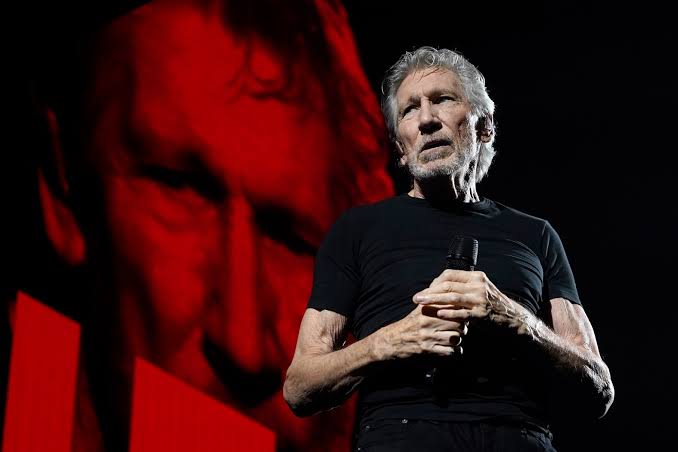Roger Waters Criticizes Global Policies in Controversial Speech
Renowned English songwriter and founding member of Pink Floyd, Roger Waters, has once again sparked headlines with his outspoken commentary on global issues. During a recent event, Waters criticized international policies that, according to him, exacerbate conflicts and inequality worldwide.

Known for his politically charged lyrics and activism, Waters addressed a range of topics, including the role of Western powers in international conflicts, media narratives, and environmental neglect. He emphasized the need for transparency and accountability from governments and corporations. “We must stop being complicit in the destruction of our planet and the lives of millions,” Waters asserted.
A notable part of his speech targeted the ongoing geopolitical tensions. He accused powerful nations of prioritizing military interventions over diplomacy and expressed concern about the growing influence of propaganda in shaping public opinion. Waters also voiced support for whistleblowers and journalists who challenge these narratives, describing them as “heroes of our time.”
The reaction to Waters’ statements has been mixed. Supporters praised his courage for addressing sensitive issues, applauding him as a voice for the voiceless. However, critics accused him of oversimplifying complex global matters and promoting divisive rhetoric.
This is not the first time Waters has faced backlash for his outspoken views. In recent years, he has been a polarizing figure in the entertainment world, using his platform to highlight issues like the Israeli-Palestinian conflict, environmental degradation, and economic inequality.
Despite the controversies, Waters remains steadfast. “Art must provoke thought,” he said, reiterating his belief in the power of music and performance to inspire change. As debates continue, one thing is clear: Roger Waters has no intention of staying silent.
This latest development reinforces Waters’ legacy as a musician and activist unafraid to challenge th
e status quo.
Be the first to comment